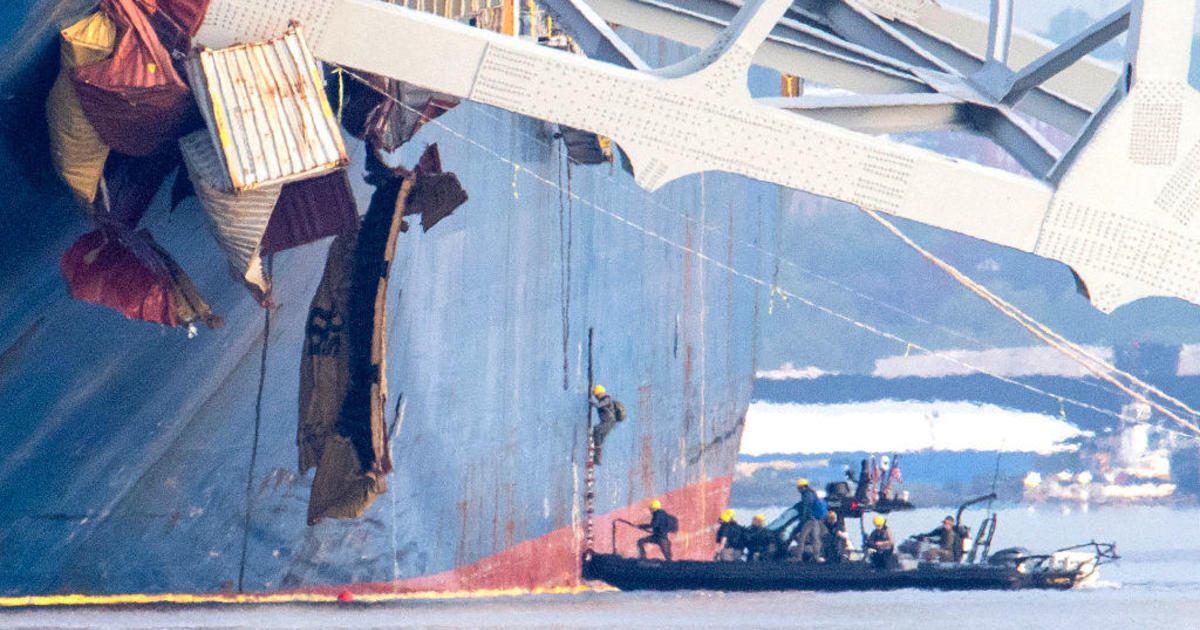Firm Installs Athletic Floors In D.C. Area
KATHY ORTON
The Washington Post
ODENTON, Md. (AP) -- Back when Larry Weyer's father was installing floors, basketball courts were simple, unadorned. Now they are not only works of art but also feats of modern technology.
Take the court at George Washington University. The distinctive design of the White House, U.S. Capitol and Washington Monument stained onto its maple planks and the resilient pads that cushion the shock to the players' knees is a distinct departure from the floor that Larry Weyer Sr. installed at the University of Maryland's Cole Field House nearly 60 years ago.
As basketball courts have evolved, so has Weyer's Floor Service, a multimillion-dollar-a-year family-run business that Larry Weyer Sr. started out of his home in Silver Spring. Now based in Odenton, Md., the company has become the one many teams in the Mid-Atlantic region turn to for their athletic flooring needs. From the Washington Wizards to Montgomery County high schools, if you've watched a basketball game in this area, most likely it was played on a court installed and maintained by Weyer's Floor Service.
Larry Weyer, a taciturn, burly man with the weathered look of an outdoorsman that belies an entire career spent inside gyms, took over the business from his father in the early 1970s. In his 51 years with the company, the 65-year-old owner has seen firsthand how basketball courts have changed.
"It used to be floor joists and plywood," Weyer said. "Now they put in rubber pads. They put in sound-absorbing material. They put in material to keep the vibration out so it's less fatigue for the players. You try and design a floor to fit the situation. You don't need a floor with shock absorption for little kids as you do for guys who are 200 pounds."
While the materials used to construct the court have evolved for practical reasons, the designs on the court have become the latest way for teams to set their courts apart. Ever since the University of Oregon unveiled a forest of fir trees on its floor in 2010, court design has gone to another level. As schools switch leagues, that, too, has kept the company busy painting new conference logos onto the court.
Weyer has no trouble keeping up with the times. Two of his employees create the designs. In the past, they painted the logos by hand. These days, their designs are transferred to vinyl stencils that are made by an outside company. The sheets of stencils are applied to the court, a process similar to applying wallpaper to a wall. As the stain is applied, a worker follows the stainer to make sure the stain doesn't bleed outside the stencil.
Installing courts is more than just laying down wood and staining it a bold design. There's a science to it. Maple, the wood primarily used for basketball courts, has to acclimate to a building before it can be put down.
"Wood has moisture in it," Weyer said. "It has to have the right amount of moisture. You need to check the moisture in the building and then calculate what the moisture is supposed to be in the wood before you put it down."
Weyer, who has been taking care of the Wizards' courts since they were the Bullets and played at USAir Arena, recalled a moisture issue that developed years ago. Because the hockey team, the Washington Capitals, shared the arena, the floor was built on top of ice. To prevent the cold air from the ice from meeting the warm air from the court and forming moisture on the floor, Weyer's crew installed an ice deck, essentially a sub-floor built out of Styrofoam insulation.
Then one day, new lights were installed in the arena, changing the temperature of the floor, and slick spots started appearing. Weyer's Floor Service addressed the problem by increasing the thickness of the ice deck, and the moisture went away.
The company's exacting standards are one of the biggest reasons it has a near monopoly on the basketball courts in this region. In addition to Maryland and George Washington, the company laid down the courts at George Mason's Patriot Center, Rutgers University and the University of the Virgin Islands. It also is responsible for the Georgetown Hoyas' court at Verizon Center. Its territory stretches from West Virginia to New Jersey, including parts of Pennsylvania and all of Delaware.
Following in his father's footsteps, Weyer installed the court at Comcast Center, the Maryland Terrapins' home since 2002. Other than University of Maryland employees, no one besides the Weyer family has worked on the Terrapins' basketball court since his father put down the floor at Cole.
"Customer service is very important in this business," said Weyer, who counts many of his customers as friends. "We never lose a job except over price."
Unlike his father, whose only competition back when he started was a flooring company in Baltimore, Weyer competes against six to eight companies, including ones from Pennsylvania, North Carolina and South Carolina. The increased competition has forced him to lower his prices at times to win jobs.
Basketball courts aren't cheap. His father charged $50,000 to install the court at Cole back in the 1950s. The Comcast Center court cost twice as much. A Montgomery County high school court can run between $11 and $12 per square foot.
Supplies are Weyer's Floor Service's biggest expense, followed by payroll. The company's revenue was about $5 million last year, but over the past few years its profit margin has shrunk from 15 to 20 percent to 5 percent. Besides having to lower prices to remain competitive, the ever-increasing cost of medical insurance for employees has cut into the bottom line.
Unlike many of his competitors, Weyer provides a range of benefits for his employees, including medical insurance, paid vacation and a 401(k)plan. He also pays his employees an hourly wage instead of by the square foot.
"I'd rather do it the way I do it because if you're paying somebody by the foot, the faster they get it done the more money they make," he said. "If you are getting paid by the hour and you see something that needs fixing, it's not hurting you at all to go fix it. That's what I tell my guys. I don't care if it takes you an extra two hours. If you see something that needs doing, do it."
His employees reward him with their loyalty. Some of them have been working at Weyer's Floor Service for 35 years. Several are second generation.
Because a basketball court can last up to 50 years, maintaining those courts has been the more-profitable and consistent part of the business. But basketball courts aren't the company's only revenue stream. It also installs other wood and athletic flooring. The company did floors at Redskins Park and the Baltimore Ravens training facility and the Department of the Interior.
For someone whose whole career has been built around basketball courts, Weyer isn't likely to be found courtside.
"Nah, I'm not really a basketball fan," he said. "I'll go to some once and while. I'm a football and baseball fan -- Ravens and Orioles. ... I just like what I do. I've told all my kids, `Don't go to work just for a paycheck.' You have to like what you are doing."
(Copyright 2013 by The Associated Press. All Rights Reserved.)



